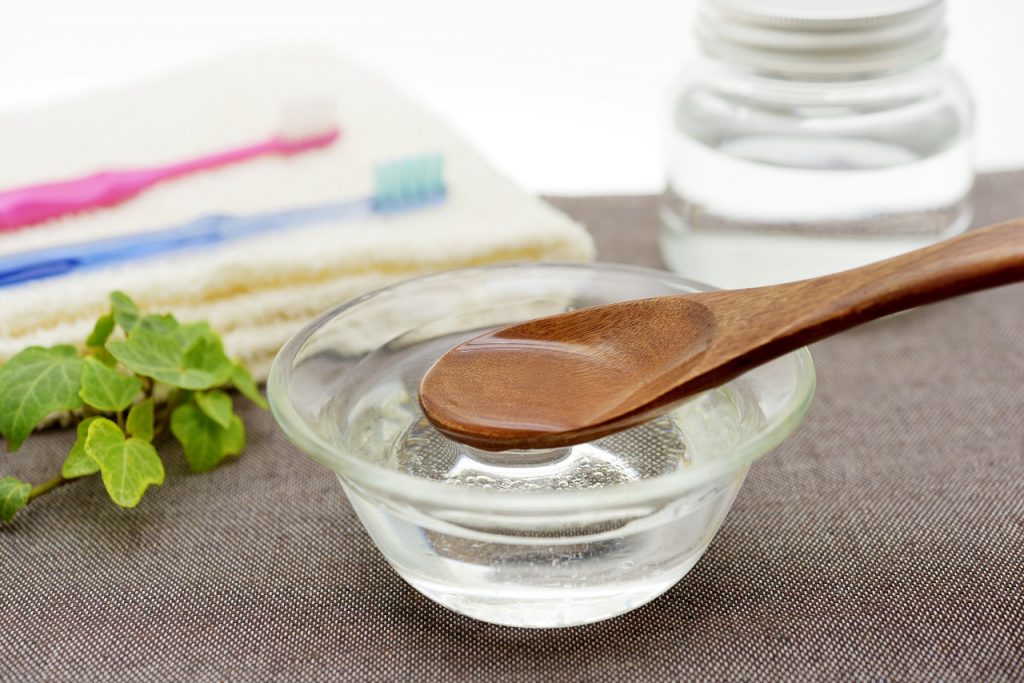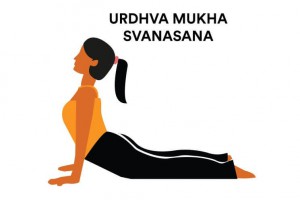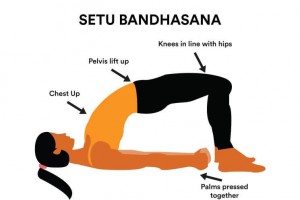 The benefit of smiling is a subject which isn’t discussed much. You might be wondering, how a smile can have an impact on your health, considering that it is just an expression you make. Today, we are going to find out how a smile can bring about a change in our lives and how it contributes to our well being.
The benefit of smiling is a subject which isn’t discussed much. You might be wondering, how a smile can have an impact on your health, considering that it is just an expression you make. Today, we are going to find out how a smile can bring about a change in our lives and how it contributes to our well being.
- Mood Enhancer:
Did you know that smiling releases endorphins into the brain? Endorphins fight pain and stress just like morphine and other painkillers. They boost your mood and take your mind away from whatever it is that’s distracting you. The best part is that it is totally free of cost, nobody can charge for cracking a smile. So stop investing in drugs and smile more often, for a free of cost mood enhancer.
- Heart Friendly:
Are you someone who has a history of heart diseases? Is your blood pressure high? If yes, smiling is an excellent companion for you. Studies show that smiling reduces the heart rate and helps the body to relax. This enables the heart to work without putting much strain. So smile more often and be the proud owner of a healthy heart.
- Productivity Accelerator:
Ever wondered why those silly internet memes or funny videos between work, helps you relax and work faster later on? You smile when you see them and it accelerates your productivity. Smiling more often is believed to increase your productivity at work or any other areas of life. Are you someone who enjoys whistling while you work? This is very similar. Now you know what to do when you feel like you are slowing down.
- Induces Empathy:
We find ourselves in embarrassing situations on a regular basis. Whether you are at home or work, these situations are always lurking in every corner. The first response to an embarrassing moment is a smile. This helps in breaking the ice and makes others be more lenient about what they think of you, thereby inducing a sense of empathy in them.
- Natural Painkiller:
As I mentioned earlier, smiling releases endorphins into the brain which helps in reducing the sensation of pain and also lifting our mood. The next time you hurt yourself, try to keep a smile on your face and the pain will start reducing.
- Builds Immunity:
Smiling helps the body to relax and this helps the immune system to react better when invaders come knocking at the door. Add some smile to your daily dose of proteins and vitamins, for a strong immunity system.
- Lasting Longevity:
Taking all the above factors into consideration, we can easily conclude that people who smile more, live longer because it reduces stress, helps your heart and does much more in keeping you healthier for a longer time. Smile more and live longer!
In summary, the impact of a smile is truly remarkable. It serves as a natural mood enhancer, contributes to heart health, boosts productivity, fosters empathy, acts as a natural painkiller, strengthens immunity, and even promotes longevity. So, make it a daily practice to curve those lips upwards. A smile a day not only keeps the blues at bay but could also be your recipe for a healthier, happier life!
#BeTheForce
 Vitamin D, commonly known as the “sunshine vitamin,” is actually a pro-hormone produced in the body upon exposure to sunlight. This essential nutrient exerts significant influences on multiple systems across the body
Vitamin D, commonly known as the “sunshine vitamin,” is actually a pro-hormone produced in the body upon exposure to sunlight. This essential nutrient exerts significant influences on multiple systems across the body









